You might have seen our recent article on how to boost your fitness when aged over 50, but then asked, “what about us cyclists who’ve had a few more birthdays?” One of those people was no other than road.cc founder Tony Farrelly, who at the age of 61 has set himself a goal to improve his fitness in 2024.
To help Tony out and defog the mysterious world of fitness as you age, we’ve drafted in the help of Jason Streather of PDQ Cycle Coaching. Jason works with plenty of aged 60+ athletes, and even coaches cyclists in their 80s who are still racing.
Don't worry though! We realise that not everyone wants to race or even be fast. Tony, for example, is now far less interested in his wattage output and simply cycles because that's what he loves doing, and finds it a good way of keeping fit. In this feature and video (at the top if you prefer to watch), we'll cover changing motivations as you get older, how you might want to modify your training, plus tips and advice on how to avoid injury.
Why is cycling good for over 60s?
Other than the fact that most sports are good for you no matter your age, Streather explained to us that cycling is particularly attractive because of its low-impact nature.
He said: "Bodies and joints can have taken a bit of a beating by your 60s and we've taken a bit of wear and tear.
"Cycling is good because unlike running for example there's no repetitive impact on joints such as hips and knees, which means that you can do it regularly with a lesser chance of injury."
Are there any warning signs an older cyclist should look out for that might suggest it’s time to throw in the towel?
Streather explained that most riders with the motivation will be able to continue riding for enjoyment into their later years, but recommends that anyone in their 40s, 50s, 60s and beyond have a thorough health check every year to make sure any underlying problems are picked up on.
We'd suggest that you listen to your body and pay particular attention to your heart and blood pressure.
Should I give up on trying to be fast now I’m 60+?
"Never! There's a time and place for everything!"
Streather explained that while you don't have to aim to be fast, many of his athletes like to get fit enough so that they can challenge themselves to go fast up a hill. There are plenty of other days when you can just cruise around, though.
"It is important to remember that speed is relative and especially if you're riding on your own you're only measuring yourself against yourself", says Streather.
Whether you've been cycling your entire life or you're a beginner cyclist, you can always set goals, but be realistic about what you can do. It sounds counter-intuitive, but don't push yourself TOO hard. It's much better to be able to do it the day after as well, and the day after that.
Streather says that he always tells his coached riders that "a happy cyclist is a fast cyclist."
What elements of training do over 60s need to pay particular attention to?
- Muscle Mass
Streather explained that there are a few areas which require more attention, but that muscle mass is absolutely key.
"When you're younger, you can get away with a lot of things, but as soon as you get to your 40s and 50s you lose around 3-5% of muscle mass per decade, so we have to seriously work on that.
"When we get into our 60s and 70s you have to work on that even more because it does accelerate as you [get older]. In women, post-menopause, [the loss of muscle mass] can accelerate even faster, so in theory, they have to work on it even more and even earlier sometimes."
> Strength training for cyclists: master muscle control for maximum on-bike gains
This doesn't mean that you have to train like a bodybuilder, but some strength exercises such as squats and push-ups are an ideal way of building strength without even needing to go to the gym.
Streather suggested that for people who did want to frequent the gym, some cable work would be beneficial. You have to find something that fits in around life, and this will differ from person to person.
> This is why you’re not a Tour de France racer
"The other thing we begin to lose from our 40s upwards and accelerates in your 50s and 60s is VO2. [VO2] is that little extra kick when you're going up that one-minute climb that you used to be able to punch over."
Pushing yourself on climbs and sprinkling in some high-intensity sessions or efforts into your weekly riding will help to counteract this decline.
Your endurance will depend a lot on what you've done earlier on in your life, and experienced riders will find that they're still capable of going out and doing three, four or five hours. However, Streather suggested that you may need to pay more attention to your fueling: "A bit more energy drink than when you were younger will probably help get you through it a bit easier," he says.
How should my training change from when I was in my 40s and 50s?
Streather once again reiterated that everyone is different and that the types, quantity and intensity of training vary for each of his athletes - however, one thing that does seem consistent between cyclists in their 40s and 50s compared to 60s is that the older riders almost always seem to require more recovery time.
Streather says that he still likes to implement 80/20 plans (80% riding easy/20% intense): "When we're younger, we can definitely do more efforts but the older we get, we need a bit more recovery, however those short efforts, a couple of times a week keep those fast twitch muscles going and that VO2.
"The rest of the time we're doing steady zone one, zone two but then if you're tired [you] have to wait and listen to your body. If you're really tired you just have to rest and recover. So I wouldn't do more than three days training without a rest and then my 80-year-old athlete does one day on, one day off."
Do I need to change my diet or eat differently?
We've already talked a lot about the reduction in muscle mass and slower recovery as we get older, so it's little surprise that Streather recommends getting in a good quantity of protein.
"Getting that protein down you starts repairing the body and you've just got to find the right protein that works for you."
Whether you're omnivore, vegetarian or vegan, there are plenty of different protein sources out there now. Sometimes a protein drink might be easier, but whatever you choose, Streather recommends trying to consume it within the first 20 minutes of getting off the bike.
> Cycling and weight loss — Top tips for pedalling away the pounds
He also noted that the metabolism slows as you age, and you might not be able to eat like a horse anymore! This doesn't mean you can't still have big dinners, but Streather says that he personally likes to bulk out a plate with salad, vegetables and other less calorie-dense foods, which have the added benefit of bolstering the immune system.
What exercises/things should I be doing off the bike?
As we mentioned earlier, weight-bearing exercises will be of a lot of benefit to maintain strength, but older riders need to also work on their flexibility.
Streather explained that many riders of a certain age have simply never considered adding strength and conditioning sessions at any point in their cycling careers, but that it's never too late to start.
Just a 10-minute session per day of simple exercises such as cat and cow movements, planking and stretching can drastically improve your comfort on the bike and prevent injury.
If you want to take this one step further then Streather recommends taking up pilates or yoga, either following sessions on YouTube or going to an actual club and getting the social side of it to.
Proper technique is crucial, and you don't want to end up in a worse position. He suggests looking at yourself in a mirror to try to spot improper technique.
Do I need to think again about my position on the bike?
> The things I learnt from a professional bike fit
Cyclists who have been riding for a long time have probably seen their position evolve over the years. For both Tony and Streather, this has meant shorter stems and more stack to make the position less aggressive.
Streather added that it's important to keep listening to your body, and it's likely that a more relaxed position on the bike is going to be necessary. To help out with this, it may be helpful to get a bike fit once every few years.
How your position changes is extremely dependent on whether you work on your flexibility. If you don't then you simply won't be able to get into certain positions anymore and then you'll be sat upright, hitting all the wind which no one likes!
Do you have any advice for older riders who are nervous about traffic/falling off?
No one likes falling off, but it's no doubt more of a concern as you get older. Streather says that many of his athletes get peace of mind by heading out on the bike with a friend or in a (trustworthy) group or club.
> The benefits of indoor cycling
He also explained that whilst riding indoors is a great way of avoiding traffic and will certainly get you fit, it's not a complete replacement for outside: "When you're riding on the road you're using your whole body and core, it's nice to just be out in nature and our reaction times also slow as we get older so the more we're doing can keep them sharp."
If I change just three things, what should they be?
- Add Strength and Conditioning
Use it or lose it - once you hit your 60s if you don't keep using or at least maintaining the strength and flexibility you have you'll lose it.
- Take extra recovery
Overtraining becomes a far more likely prospect as you get older, listen to your body and when you're feeling under the weather don't try and tough it out!
- Do what you enjoy
If you've got to your 60s and you're still enjoying riding your bike then don't ruin it now! Don't do sessions just to punish yourself and if you're happy on the bike, you will end you probably tend to be quite fast and that's what it's all about.
Final thoughts...
Don't beat yourself up. Again we sort of mentioned it, but no matter how long you've been cycling, instead of comparing your fitness levels to other cyclists compare yourself to other people in their 60s. Whatever you do, you're probably going to be a lot fitter than the vast majority of them.
Finally, whatever type of cyclist you are and whatever level of experience, just try to make cycling a daily part of your life, such as popping into town or off to the shops on your bike. Just doing those things will benefit your fitness.
Try new stuff. Again, whether you've been doing it for decades or are new to cycling, try other types of cycling. Gravel, MTB, track... they'll all increase your enjoyment and make you a better rider too.
Oh, and e-bikes… they're not cheating at any age, but definitely not when you're in your 60s.
Got any tips we've missed? Let us know any of your words of wisdom for Tony in the comments section below...
"fit" - Google News
January 20, 2024 at 09:29PM
https://ift.tt/q4XxrCv
Stay cycling fit over 60 — all the tips you need to enjoy riding into your 60s and beyond - road.cc
"fit" - Google News
https://ift.tt/egrYGVl
https://ift.tt/G52BiKV
Bagikan Berita Ini


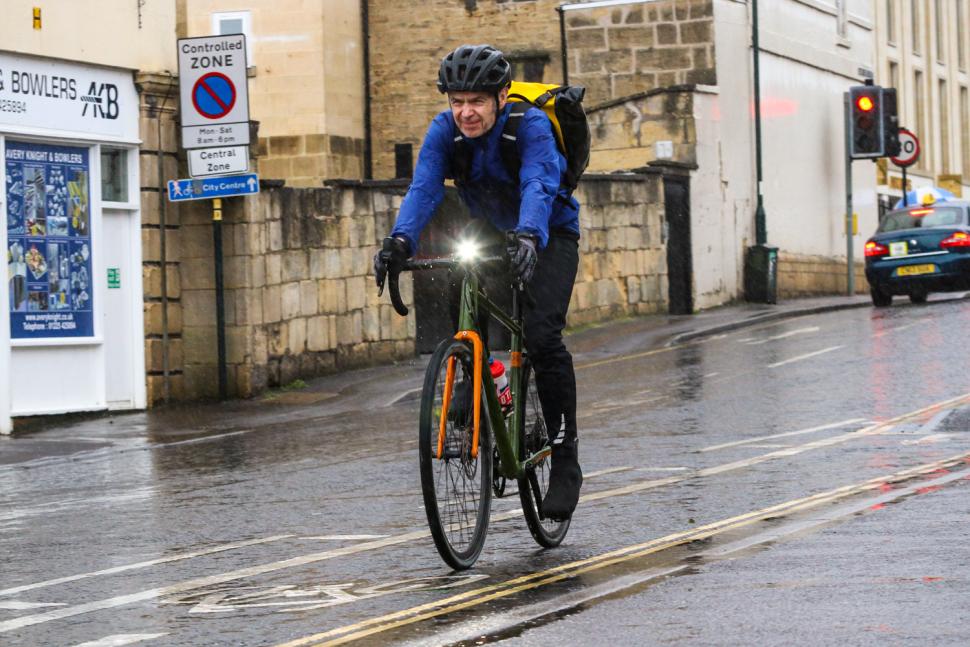
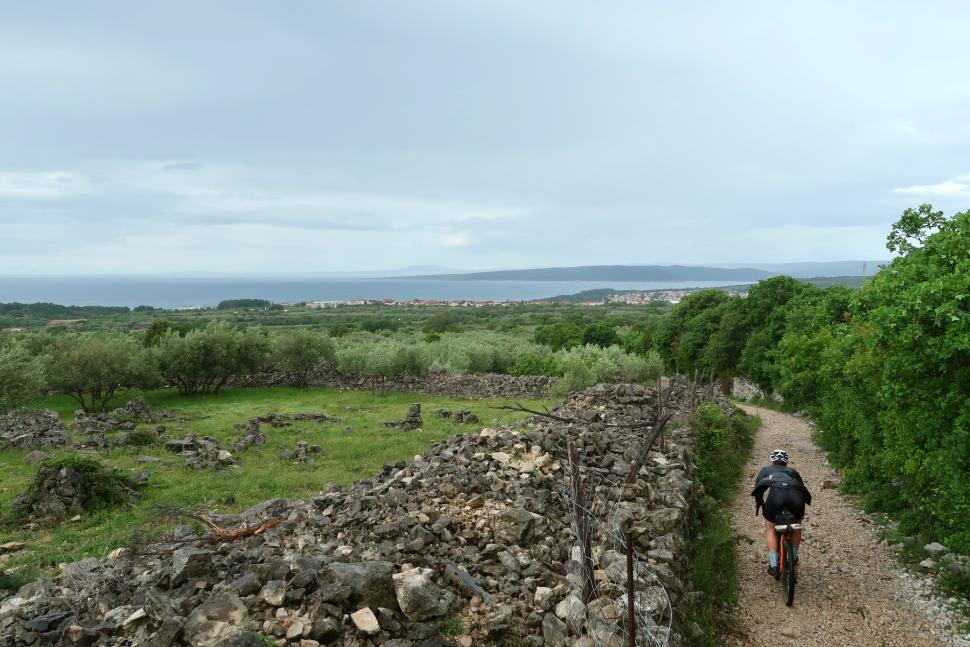
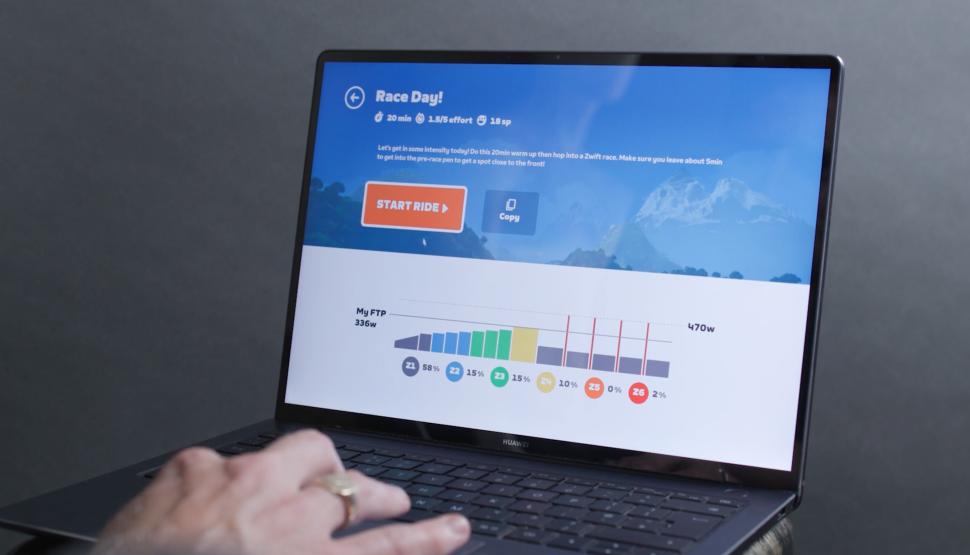
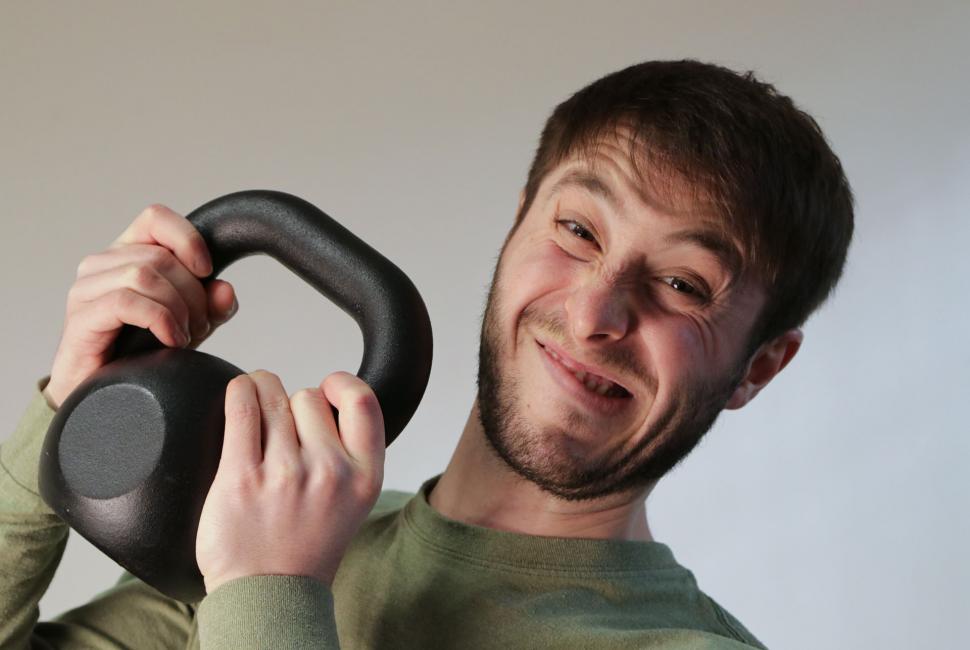
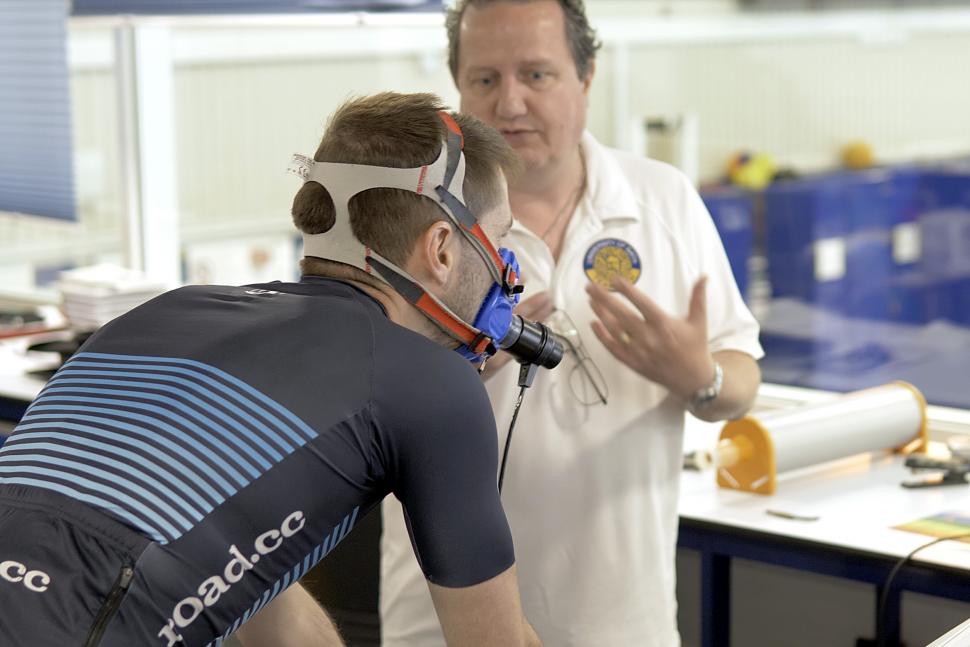
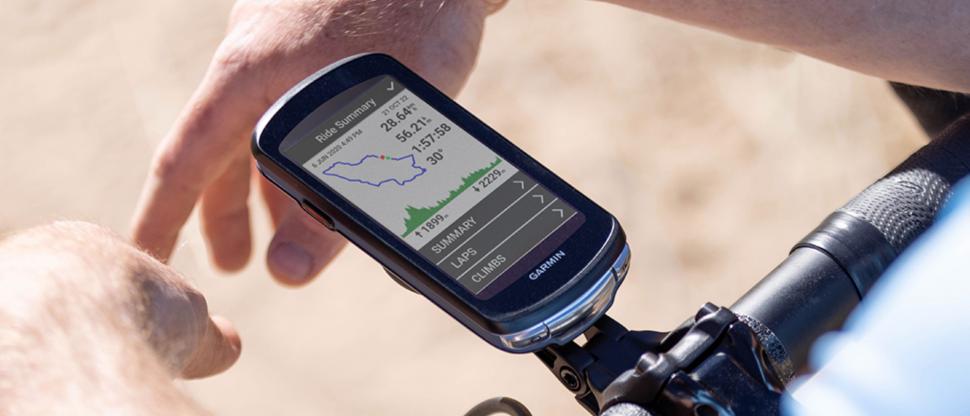

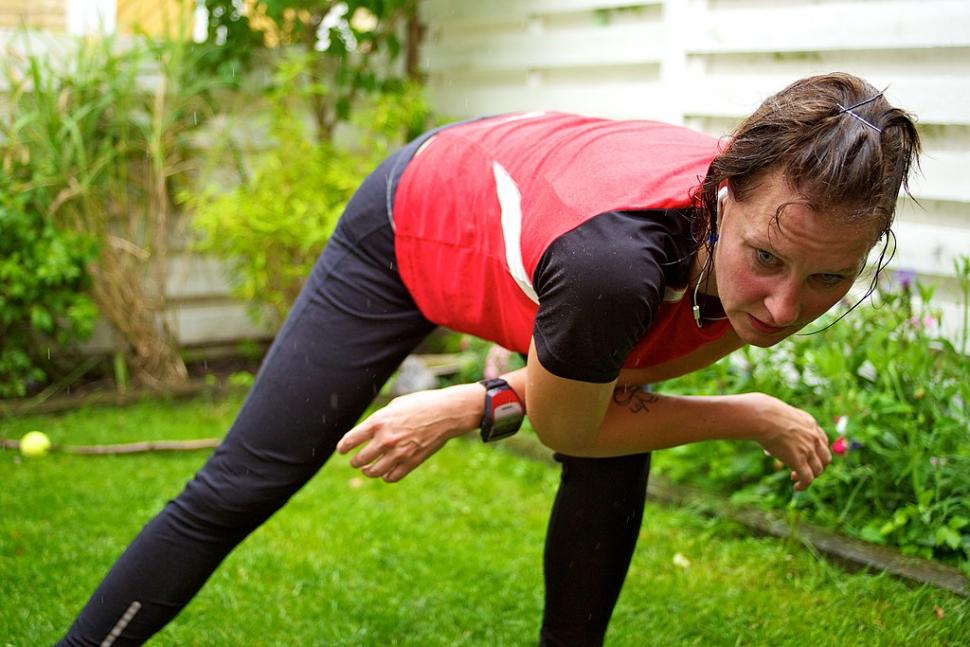



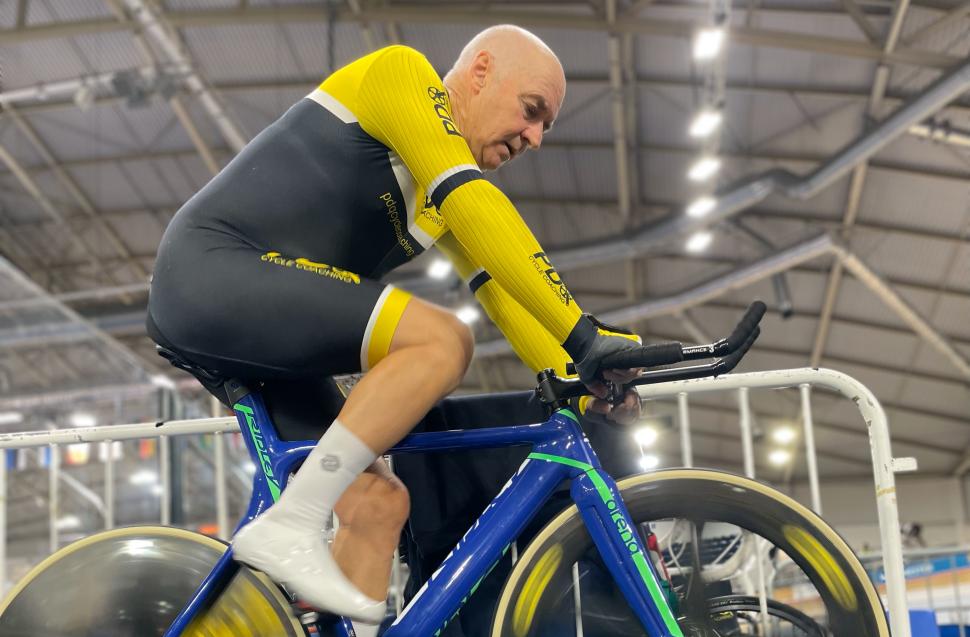
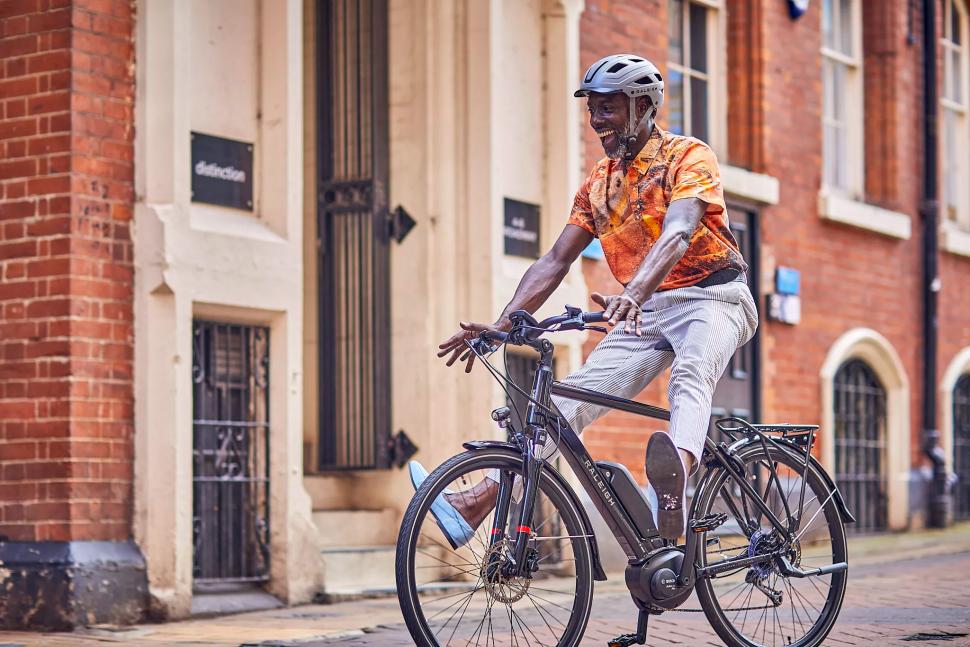














0 Response to "Stay cycling fit over 60 — all the tips you need to enjoy riding into your 60s and beyond - road.cc"
Post a Comment